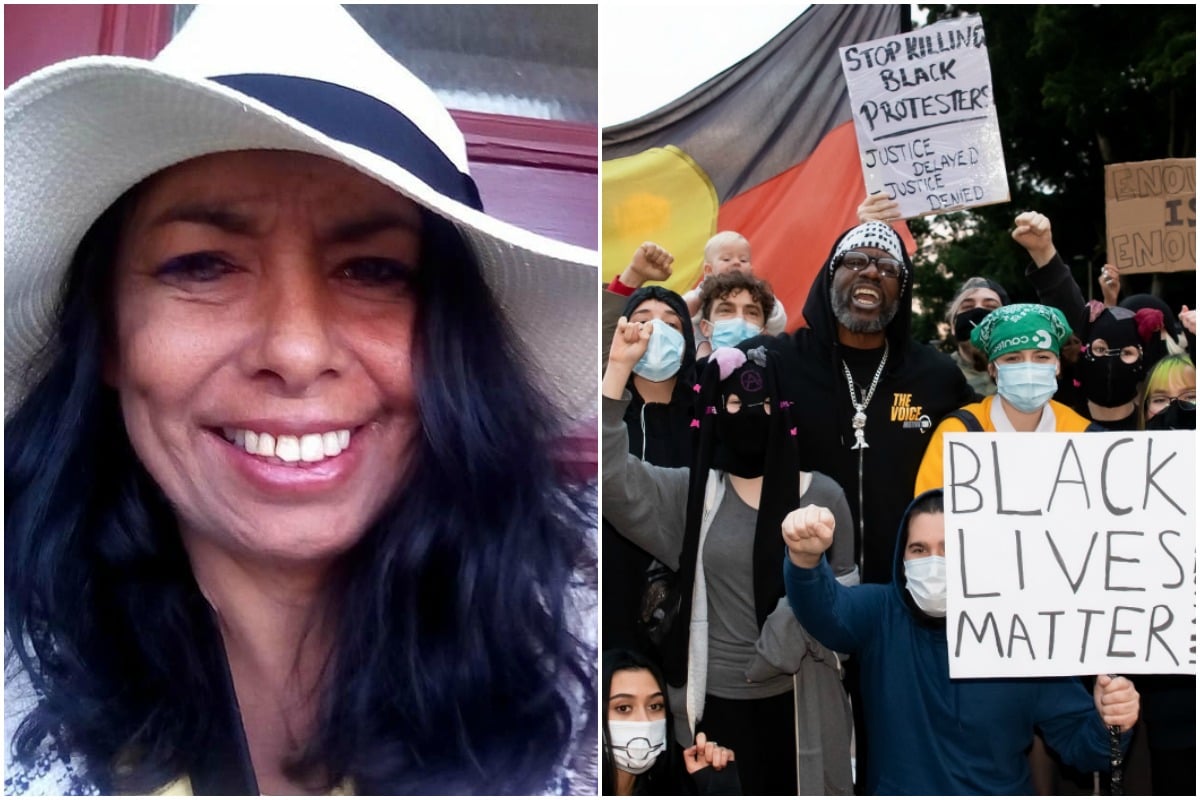
WARNING: Aboriginal and Torres Strait Islander readers are advised that the following article contains names and descriptions of people who have died.
Tanya Day had been drinking when she hopped on a train to Melbourne on December 5, 2017, and nodded off to sleep.
As the train pulled into one of the stations on her journey, the conductor told her to move. Her legs were allegedly blocking the aisle in her slumber. He promptly called police requesting help with an “unruly” drunk passenger who could not find her ticket.
She was arrested for public drunkenness, and taken to Castlemaine police station at 3pm, to sober up. Shortly after 8pm, police returned to her cell, to release her from custody, and realised something was wrong.
WATCH: Apryl Day on The Project this week. Post continues after video.
“My brother was on his way and he [unbeknown to him] passed the ambulance that had Mum in it. When he got to the station he was told she’d been taken to hospital. They were very guarded in the information they provided,” Tanya’s eldest daughter Belinda Stevens told Mamamia.

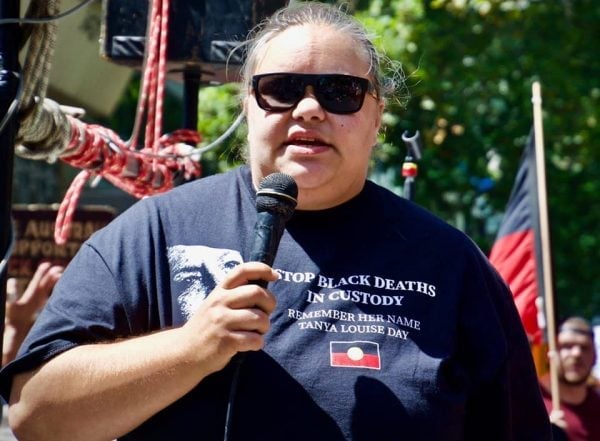
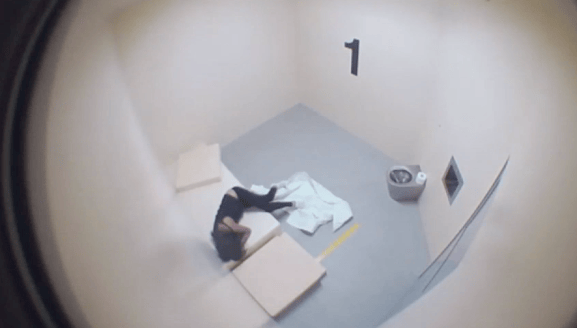
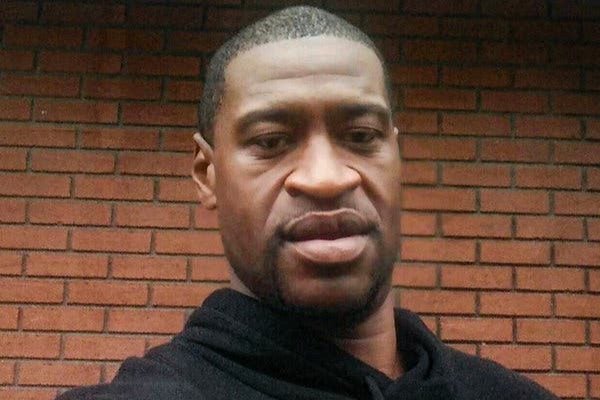
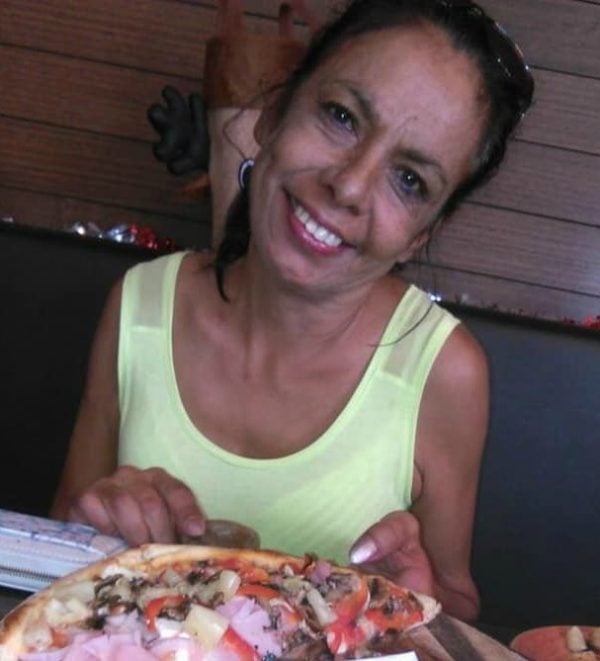
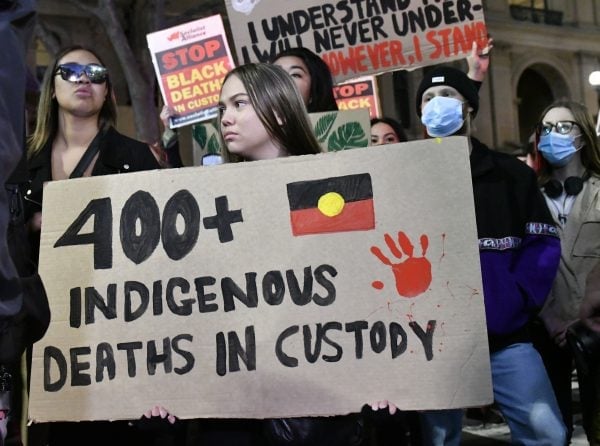
Top Comments